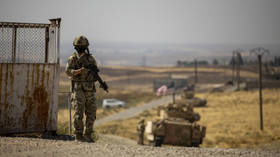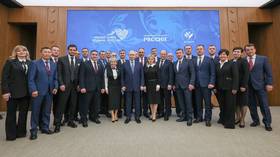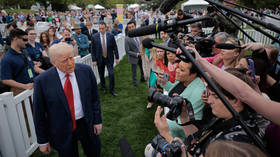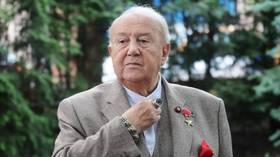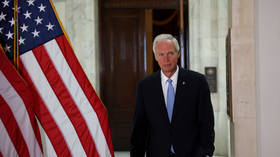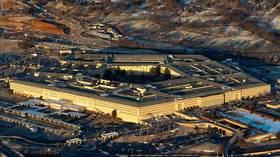US ‘disappointed’ with UN court ruling on Iran
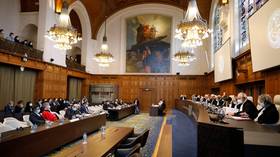
The US State Department has criticized a ruling by the International Court of Justice (ICJ), which found that some Iranian funds were seized illegally by American authorities.
Judges at the UN’s top court in The Hague concluded on Thursday that a 2016 decision by the US Supreme Court was in violation of the 1955 Treaty of Amity, Economic Relations and Consular Rights between the two countries. Back then, the US court ruled that certain assets belonging to Iranian companies should be paid to victims of terrorist attacks blamed by Washington on Tehran.
“Iran is entitled to compensation for the injury caused,” the ICJ said, adding that the US has 24 months to agree on an amount for the payout, or the court will determine one itself.
However, the judges rejected Tehran’s bid for $1.75 billion in assets owned by Iran’s Central Bank (Bank Markazi) in the US to be unblocked, arguing that the ICJ does not have jurisdiction over the matter.
“We are disappointed that the Court has concluded that the turnover of assets of other Iranian agencies and instrumentalities to US victims of Iran’s sponsorship of terrorism was inconsistent with the Treaty,” US State Department spokesman Vedant Patel said on Thursday.
The 1955 agreement, signed more than two decades before the Islamic Revolution that toppled the US-backed government in Iran, “was never intended to shield Iran from having to compensate US victims of its sponsorship of terrorism,” he insisted. The US withdrew from the treaty in 2018.
Speaking at a news conference on the same day, Patel argued that the ICJ’s decision to keep the funds of Bank Markazi frozen was “a major blow to Iran’s attempt to avoid its responsibility, in particular to the families of US peacekeepers, who were killed in the 1983 bombing of the Marine Corps barrack in Beirut.”
Iran denies its involvement in the attack in the Lebanese capital, which killed 299 people of whom 241 were US troops, as well as other terrorist incidents blamed by Washington on Tehran.
The Iranian Foreign Ministry welcomed the ruling by the ICJ, calling it “proof of the Islamic Republic of Iran’s righteousness and the violations by the US government.”
